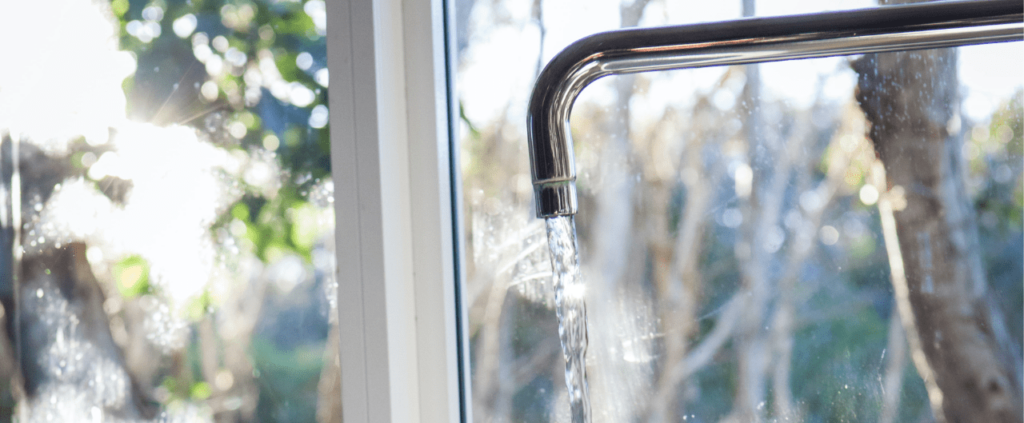The trouble with running water in the home is how sneaky issues with the plumbing system can be. Water leaks can silently wreak havoc on a building, without the occupants ever knowing. When that damage is finally discovered, it can cost thousands of dollars to fix.
Additionally, these problems are unrelenting. This week you may fix an overflowing toilet only for a pipe to burst in the basement the following week. Keeping the home’s plumbing system in good working order requires constant vigilance on the part of the residents.
But this can be difficult in a rental property. That’s because in a rental home, the person who owns the home doesn’t live in it and the person who lives in the home doesn’t own it. This can result in conflicts between the landlord and the tenant who lives on the property.
On the one hand, tenants feel they should not be responsible for any damage to the plumbing or damage caused by plumbing leaks, since they are paying rent to the owner. Tenants expect the landlord to be responsible for all issues involving the plumbing.
Landlords, on the other hand, insist that since the tenant lives in the home and is the sole person using the plumbing, the tenant should be responsible for all water damage. Landlords say this because tenants may use the plumbing in ways that damage the rental.
Who should be responsible when there is damage to the rental property due to a plumbing issue? Should it be the landlord’s since the landlord owns the home? Or should it be the tenant since the tenant lives in the home? Here is what the law says for Utah County residents.
Allocating responsibility for water damage in a rental property

Below are the basic principles of the law regarding this issue. These rules apply in Utah and most other states. If there are deviations from what you find below, it is usually based on some special circumstances.
Landlord’s responsibilities

The law says landlords are responsible for ensuring that the plumbing in their rental property is adequate and functional. The landlord is also responsible for ensuring that the plumbing systems are working satisfactorily throughout the time that the tenant is on the property.
This is based on the principle of Implied Warranty of Habitability. The landlord is expected to do everything to ensure that the rental is habitable before renting it out. The landlord must hand over a habitable home to the tenant. The landlord must also maintain the home in that state.
If a tenant was not living in the home, the owner would still maintain the property. Also, since the tenant is paying to live in the home, they have earned the right to quiet enjoyment of the property for the duration of their lease. The summary of the landlord’s responsibilities are:
- Regular maintenance
This is everything that should be done to ensure there are no problems with the plumbing system. They include the proactive steps the landlord takes to prevent leaks or any other kind of issues with the plumbing.
- Deal with emergencies
The landlord is responsible for solving unexpected issues with the plumbing as soon as the tenant brings those issues to the landlord’s notice. Plumbing emergencies are all issues that threaten the habitability of the rental.
Does this mean the landlord is completely responsible for any damage to the plumbing and the resulting water damage? No. The property owner is only responsible for problems that are the result of the normal use of the plumbing and those are problems caused by natural wear and tear.
Tenant’s responsibilities

The tenant’s responsibilities for water damage in a rental property may be summed up as follows:
- The tenant is responsible for all plumbing damage that is not the result of natural wear and tear, along with the resulting damage to the building. If there is a water leak or flooding in the home and it is the result of the tenant’s negligence or abuse of the plumbing, the tenant is responsible.
- Additionally, the tenant is responsible for keeping the landlord informed of issues with the plumbing. If there is a problem or an imminent problem with the system and the tenant fails to inform the landlord, the tenant will be partly responsible for any damage that happens as a result.
- Thirdly, the tenant must protect the landlord’s property, as well as the tenant’s belongings during a plumbing emergency. If pipes burst, for instance, the tenant must shut off the water supply to limit the damage. The tenant is also expected to remove all valuable items from the path of the water.
To conclude, if damage to the plumbing or water damage to the building is the result of natural wear and tear, it is the owner’s responsibility. But if it is caused by a tenant’s behavior, the tenant will pay for the damage. Finally, during emergencies, the landlord is expected to fix the problem first and then assign responsibility for the damage later.




